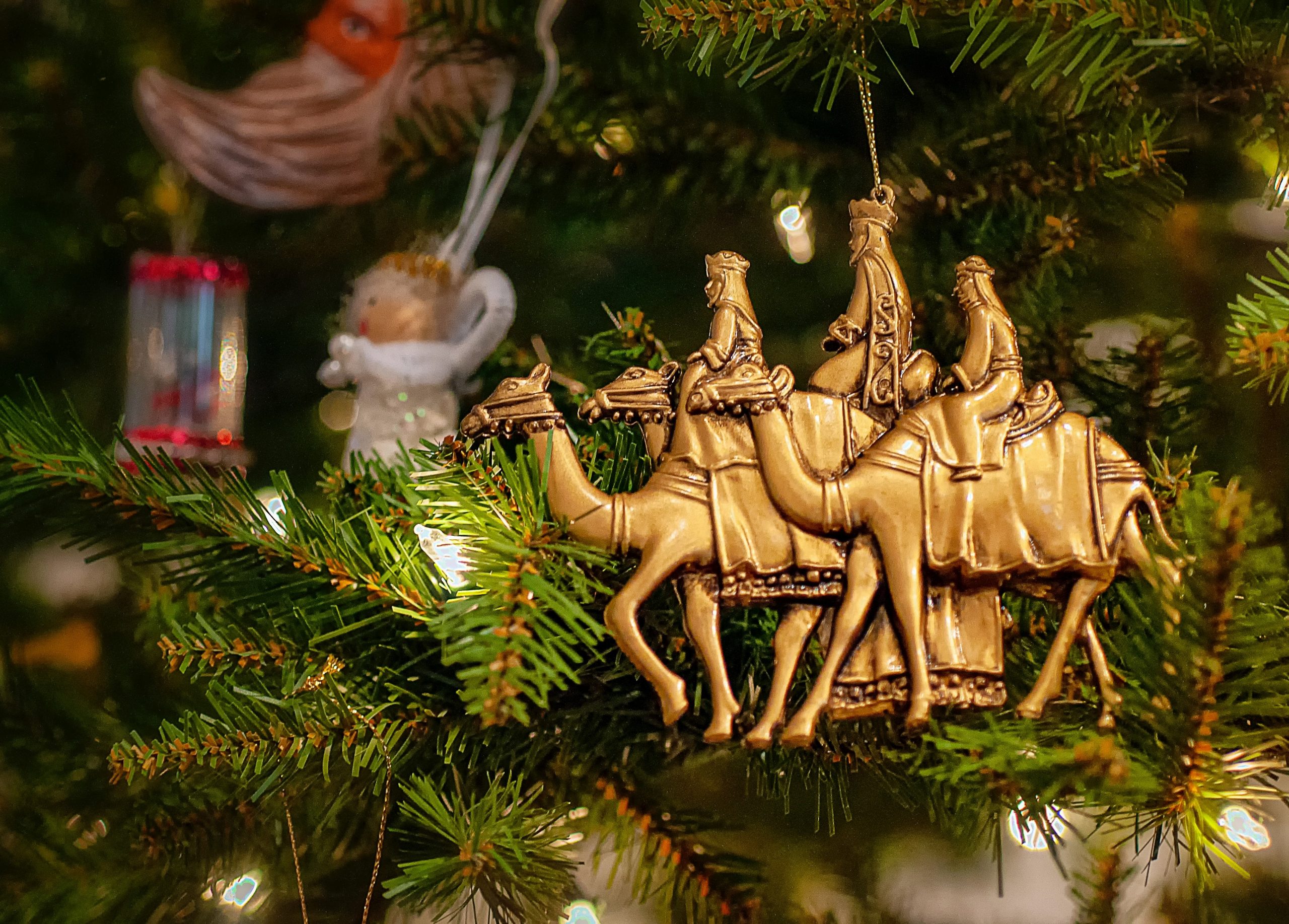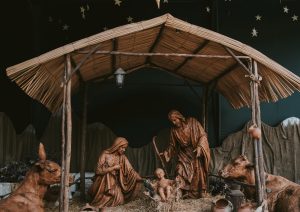Have you ever noticed how people can react very differently to the same thing? Some people love one thing, while others hate the very same thing! Whether its creepy crawlies or heights, something can elicit very different feelings and reactions.
You only need to have been at a party where people were trying to decide on what pizza to order to have this confirmed in your own experience! (Ok, who ordered something with pineapple?!)
We see the same thing with how people react to Jesus, even from when he was a young child. There was a consensus on the nature of the identity of the special baby king. But the reaction to who he was, was vastly different.
Let’s explore this from Matthew chapter 2.
The identity of the King
Matthew helps us to see some important things about this King who has been born.
1 After Jesus was born in Bethlehem in Judea, during the time of King Herod, Magi from the east came to Jerusalem 2 and asked, “Where is the one who has been born king of the Jews? We saw his star when it rose and have come to worship him.”
3 When King Herod heard this he was disturbed, and all Jerusalem with him. 4 When he had called together all the people’s chief priests and teachers of the law, he asked them where the Messiah was to be born. 5 “In Bethlehem in Judea,” they replied, “for this is what the prophet has written:
6 “‘But you, Bethlehem, in the land of Judah,
are by no means least among the rulers of Judah;
for out of you will come a ruler
who will shepherd my people Israel. (Matthew 2:1-6)
In these 6 verses, we are given some important information about who this king was. Firstly, his birth has been marked out by an extraordinary celestial event: a special star. It’s likely that the wise men had access to ancient Jewish writings (perhaps as a result of the exile) and had done some research into what the star could mean. Their interpretation and conclusion is very important: he was born king of the Jews (verse 2). Notice that this is his identity from his birth – he was born king. It’s not something that would be conferred to him after a predecessor died or after a political coup. He was born king.
Secondly, Herod’s question helps us to understand more. He asks about “the Messiah” (verse 4). The Messiah was the promised King from God, the one who would be the ultimate King and lead God’s people to ultimate victory. The teachers of the law add weight to this title. We see that the Messiah was spoken about years earlier by God, through the prophets. One of his roles is that he would be a shepherd to God’s people. This role referred partially to the role that teachers of the Law were supposed to be fulfilling. He is the all-encompassing King.
We are left with a very clear picture: this King is different. He is special. He is the promised one. He is from God and he will outrank any other King or leader of God’s people.
The Wise men’s response to the King
The wise men are such a beautiful picture of honouring God’s king. It’s likely that they travelled for about a month until they finally reached him. They were unconcerned that he was still a child. (He was around 2 years old at this point.) They understood that he had been born king. I don’t think that this was a political move. There would be no point in trying to curry favour with a toddler, especially with the gifts that they bought. Anyone knows that you curry favour with a toddler by bringing sweets!
Their worship was based on who that child already was and the role they understood that he would later play. They probably worshipped better than they knew, but they worshipped. They fell before him and worshipped him and they presented him with kingly gifts, acknowledging who he was.
The Bible tells us that they presented Jesus gifts from their own treasures. They sacrifice from their own riches. They give Jesus gold, frankincense and myrrh. These gifts, although perhaps gifted primarily by the wise men for their value, (it is likely that these gifts were a great help to the family as they had to flee from Herod) speak greatly to the nature of Jesus and his Kingship. Gold was a gift usually given to an earthly king. Incense is representative of deity. Myrrh was used in embalming, representing death. Jesus is both king and God, who was born to die on the cross. The wise men respond to him with more than just words.
More than that, they were overjoyed to have found him. They rejoiced on coming to the house where he was. Their hearts were moved because of who they were meeting. Their reaction was a beautiful one of joy and love and worship and personal sacrifice.
Herod’s response to the King
Herod, on the other hand, reacts totally differently to the news of this King. The Bible says that he is “disturbed” in verse 3. Herod was known to be paranoid. At this point, he had already killed one of his wives and two of his sons. He was desperate to hold on to power. The news of the arrival of the ultimate king was a great threat to his power and role. It’s like that the reason that the whole of Jerusalem was disturbed with him (verse 3) is that they were anxious about how Herod would react.
He first tried to get the wise men to give up the location of the newborn king. He told them that he wanted to worship the king too. However, God warns them in a dream to not to go back to Herod, so they return home a different way. This additional act of submission to God’s sovereign guiding further shows how they honour King Jesus.
When Herod realizes that he has been deceived by them, he is furious. He gives orders to kill any boy in the area who is approximately the age of the king. He is desperate to get rid of any opposition. He is even willing to sacrifice children to achieve his goal. There’s willingness to sacrifice anything of his own standing or thing else he values.
Herod’s response is one of fear, anger and resentment. Ultimately, the news of the Ultimate King exposes his hatred of God.
Our response to the King
Jesus is the king. Whether we love him or hate him makes no difference to his identity. He is the king, the Ultimate King.
We can either respond like the wise men: with personal sacrifice and acknowledgement of who he is. Like they did, we can rejoice with all our hearts. The coming of the King is actually the best thing that could ever happen to us.
Or we could respond like Herod. We know that accepting Jesus as king means the end of our own autonomy and the end of living for ourselves. We might find ourselves wanting to fight God for rule of our lives. Perhaps we are Christians, but there are areas of our lives that we want to hang onto and keep God away from.
It’s good to remember that even our best, most convincing arguments and furious fights will not stop God from being God.
How will you react to this King?
Thanks for reading this post. I hope you found it helpful. Please send me any feedback, comments or questions that you may have. I would also like to hear if there are any topics that you would like me to deal with in the future. Any suggestions will be greatly appreciated.
Bye for now.





Recent Comments